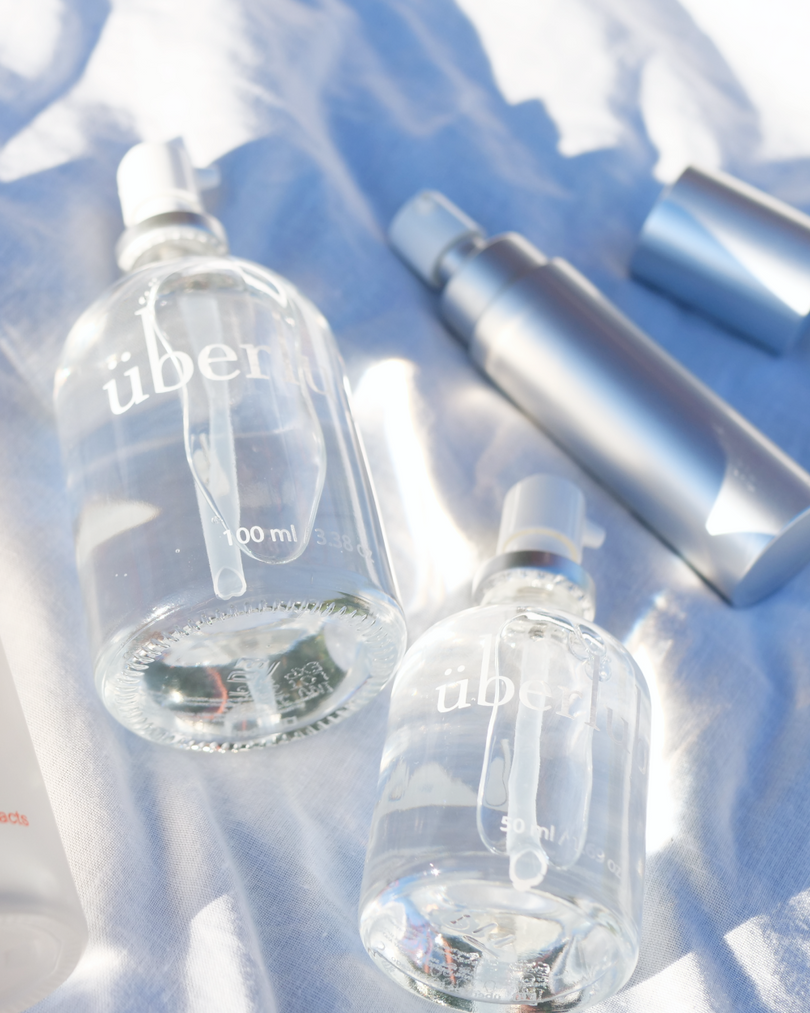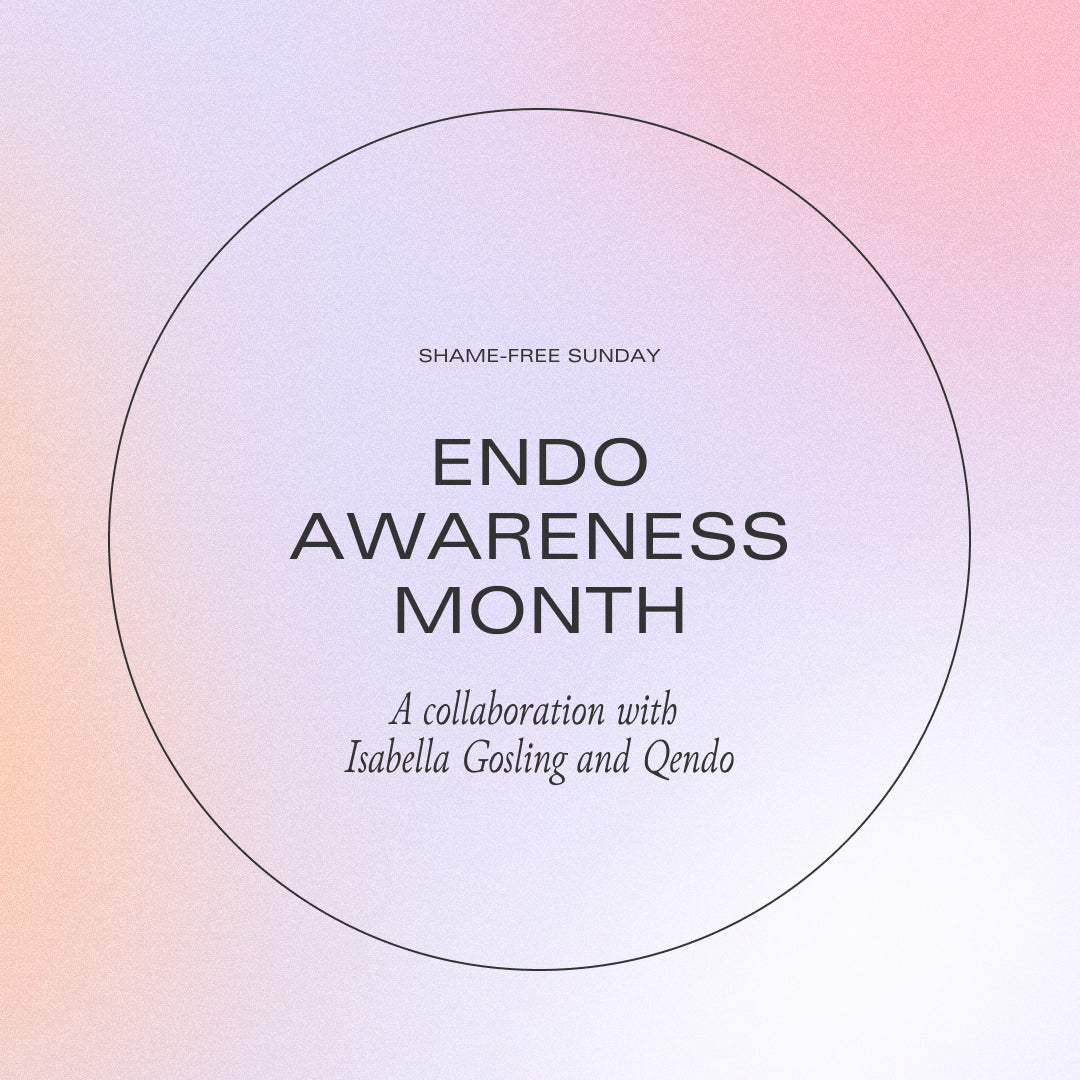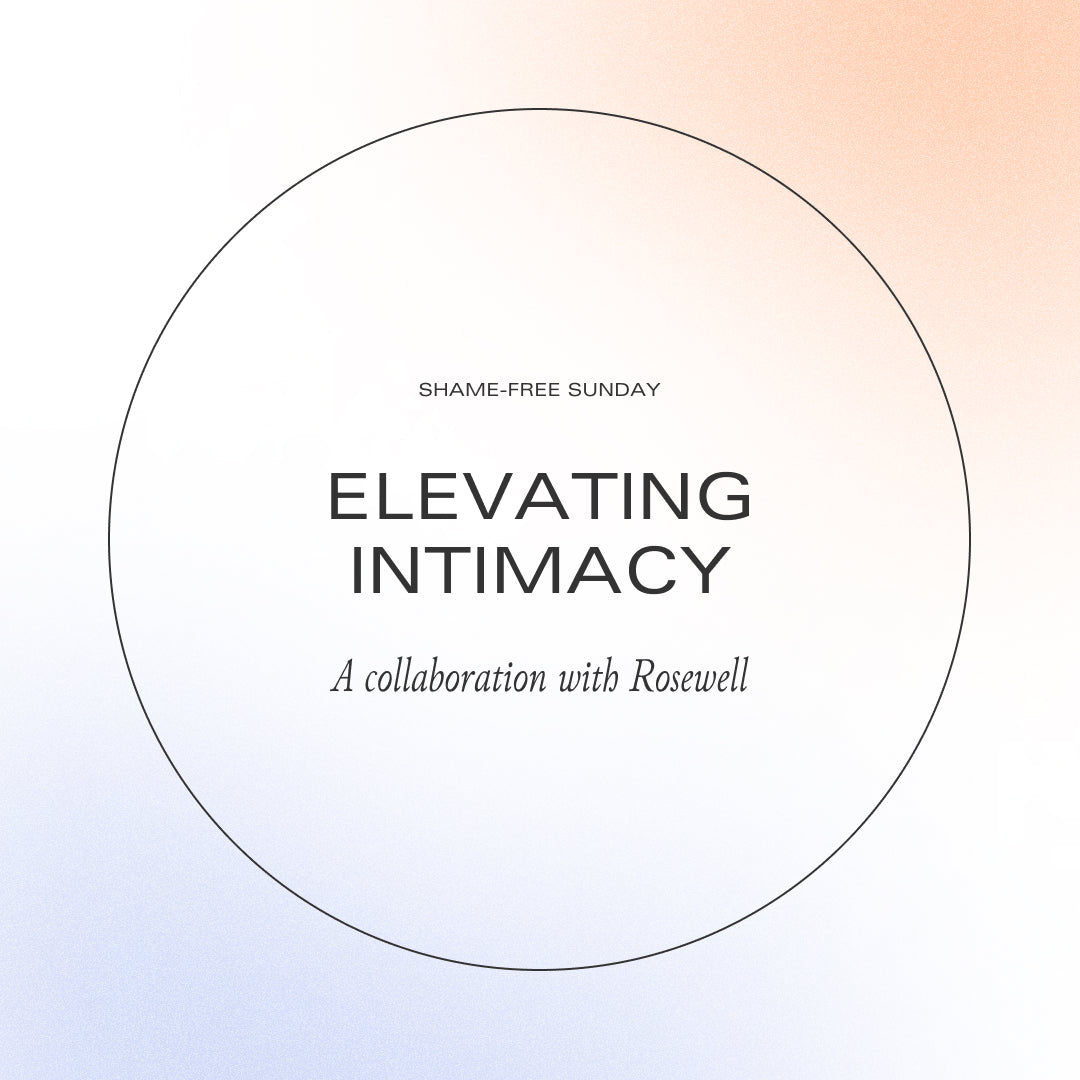
This week, we chatted all things Endometriosis with Isabella Gosling, Head of Operations at QENDO.
QENDO is a not for profit organisation providing support, education and awareness for anyone affected by endometriosis, adenomyosis, PCOS or infertility across Australia.
In 2020, Isabella was recognised for her efforts and named 7NEWS Queensland’s Regional Young Achiever of the Year. She has also recently been announced as a Semi Finalist for the Soroptimist International Women Empowering others Award. QENDO’s podcast, Let’s Talk, Period. is hosted by Isabella and each week she smashes stigmas and taboos relating to periods, endometriosis, adenomyosis and PCOS, as well as speaking with influential people in the women’s health sphere.
Isabella is passionate about educating and supporting the chronic illness community as well as creating more awareness and understanding.
Flossy: Tell us about your journey to and involvement in QENDO!
Isabella: When I was first diagnosed in 2015, I found the QENDO blog! Reading the experiences of others validated my own and I knew I wasn't alone in what I was going through, despite not knowing anyone else with endo, or having much understanding from friends. I then attended a few QENDO events that following year, before joining the QENDO team in 2017 as a QENDOMeet Facilitator and I regularly held QENDOMeets (support groups for anyone affected by endo, adeno, PCOS or infertility)! Since 2019, I've been a part of the QENDO Management Board, which I just absolutely love! It means I get to actively make change for those affected by endometriosis, adenomyosis, PCOS and infertility, develop new initiatives, programs and resources, as well as being able to help so many more people!
Flossy: How does endometriosis impact sexual wellness?
Isabella: The impact endometriosis can have on your sexual wellness is astronomical! One of the main symptoms associated with endo is pain with sex and for a lot of people affected by endometriosis or adenomyosis, the thought of engaging in sexual activities with themselves or a partner can bring on intense feelings of anxiety! This can make for a really difficult relationship with sexual wellness.
I’ve had to do a lot of work around my own sexual wellness and it’s definitely not a linear journey, there’s lots of back and forth! I used to dread anything to do with sex because it was just too painful - I’d cry after it was done, and built up a lot of anxiety. But I thought, this is just how it is, maybe sex is painful and no one talks about it! It wasn’t until I was told that I had endo and one of the symptoms of this was pain with sex, that it started to click. I then worked with a pelvic physio for over 12 months to relax my pelvic floor and retrain my overactive nerve pathways and muscles after so many years! Additionally, there were mental barriers that I needed to move through as well.
So I think education and talking about sex, and sexual wellness in general (which flossy does so well) is important for determining what’s normal and what’s not and normalising the conversation!
flossy: Were there any aha moments in your sexual wellness journey?
Isabella: My biggest aha in my sexual wellness journey was coming to terms with the fact that sex isn’t just penetration. There’s only one type of sex which is idolised ’penetrative sex’ and opening our mindset to include all the things prior to engaging in this are also sex as well.
flossy: What resources/tools do you find most helpful for people who experience Endo?
Isabella: There are so many incredible resources and tools which can assist in improving sexual wellness, and one that I always suggest is a pelvic physiotherapist. Pelvic physiotherapists are amazing at doing internal and external work releasing pelvic muscles and retraining nerve pathways.
Also seeing a sexologist can assist with the anxieties and barriers that come up around sex. You don’t need to be in a relationship to see a sexologist, they are there to support you and work through your beliefs, ideas and feelings. They can also assist in developing communication and ways to talk with your partner around sex, so they really are an invaluable resource!
We have an incredible podcast episode with Psychosexologist Chantelle Otten and Pelvic Physiotherapist Dora Pandeloglou if you’d like to know more about the important roles these people can play in your healthcare team.
We also have a blog on Navigating Painful Sex written by Asti Maree where she shares her top tips around how to manage when sex is painful.
flossy: What does sexual wellness mean to you?
Isabella: It means owning your body and pleasure, knowing what feels good for you and communicating this, or doing this. It means doing the work to get to that place where you do feel comfortable and can enjoy all the fun that sex (whatever that looks like for you) can bring, and letting go of the fear!
flossy: When do you feel most at home in your body?
Isabella: Self-love and endo is really hard and sometimes I really struggle with this! However, I feel most at home in my body when I’m doing the things I love and being grateful that my body can (most of the time) let me do them because there was a time when I couldn’t!
flossy: What is your daily pleasure practice ✨
Isabella: I always start my day with my Eunoia Daily Ritual cards. I sit and say ‘What is the ritual I need the most today?’ and the card I pull is always so spot on. It just really sets my intention for the day and puts me in a positive frame of mind for the day.



